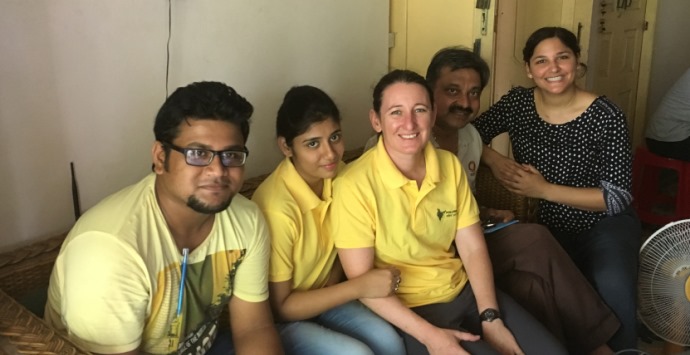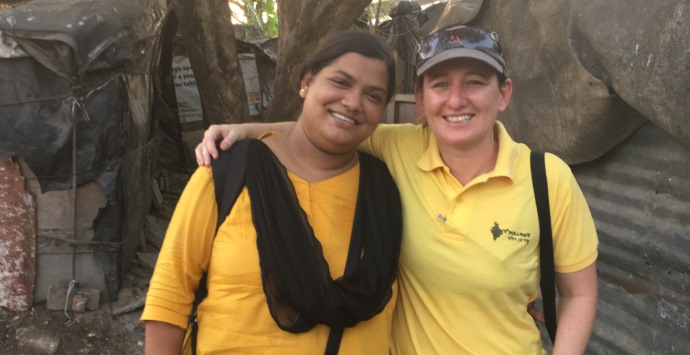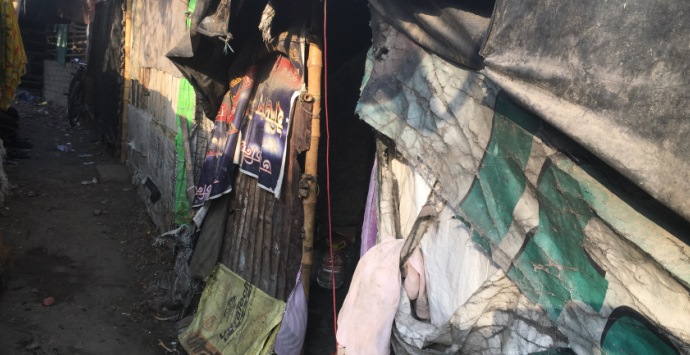Pollinate India: First steps in Kolkata
Hi! I’m Catherine (Cat) Ganley. I’ve had a longtime interest in social and development issues, and in 2010, I accepted a one-year volunteer placement with Engineers Without Borders based in Vietnam. I worked and traveled through much of Central and Northern Vietnam during that time and extended my placement an extra year, staying for two years in total.
Now, I’m fortunate to start a new adventure working with Pollinate Energy in Kolkata, India, visiting the communities where its energy programs are being implemented. Follow my journey right here on AECOM’s blog!
After only a few days in Kolkata, I’ve been across the city twice, eaten curry every day, enjoyed a daily chai, started yoga and, most importantly, I’ve started working on my project that will continue for the next two weeks.
As you may already know, Pollinate Energy is a social business that brings life-changing products to people who are living in poverty in India’s urban slums. These products include items such as solar-powered lights, solar-powered fans and mosquito nets. Many slum communities have limited or no access to electricity, so they rely on the use of kerosene lamps for light. Kerosene lamps provide poor light (think of a single candle for an entire room) and they release fumes that over time can cause serious lung damage.
My project is to test two new products that Pollinate Energy is planning to include in its range — a solar-powered light that includes a radio and a low-cost fan (cheaper and smaller than the fan currently available). The project team is made up of three international fellows and two local Indian fellows (photo of us all below — I’m third from the left).

The two products need to be tested to ensure they meet the manufacturer’s specifications before being distributed to people in slum communities to trial. Trial participants will give us feedback on the performance and price of the products. My project team will then report our recommendations to Pollinate Energy on whether the product is a suitable addition to the current range.
To help us with the trials in the communities, we have two “Pollinators” assisting us. A Pollinator is the name Pollinate Energy uses to refer to the person who promotes and sells its products. Each Pollinator has three or four communities where they sell products, provide after-sales support and gather feedback. I’m fortunate to be working with Soma (pictured below), who is one of the top Pollinators here.

Today was my first visit out into the field to meet families living in the slum communities. The slum housing here is made from a mixture of bamboo, tarps, asbestos sheeting, bricks and tiles (example of a typical house shown below). People build these houses on land they find available; sometimes government land or unused private land. They use water from valves on the street. The families I met today have lived in this type of housing community for 30-40 years — spanning three generations. It’s a hard way to live without access to amenities we take for granted in our households.

In the two communities I was able to visit I found some people who were happy to trial our products. I will revisit these communities next week to collect the products and get feedback on the performance. Watch this space for an update!






